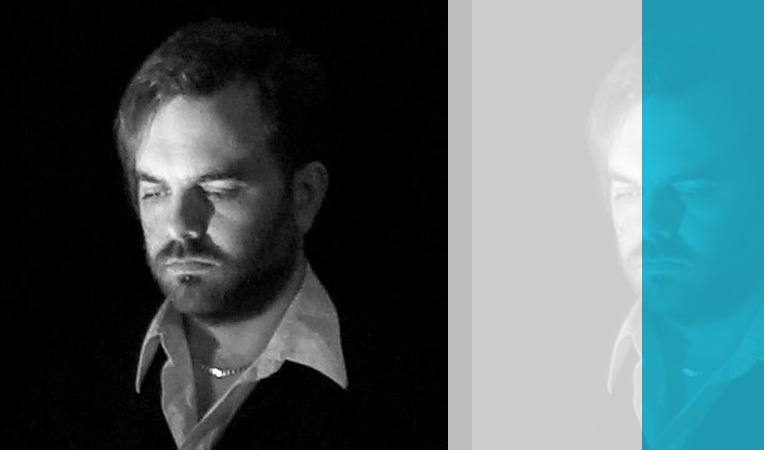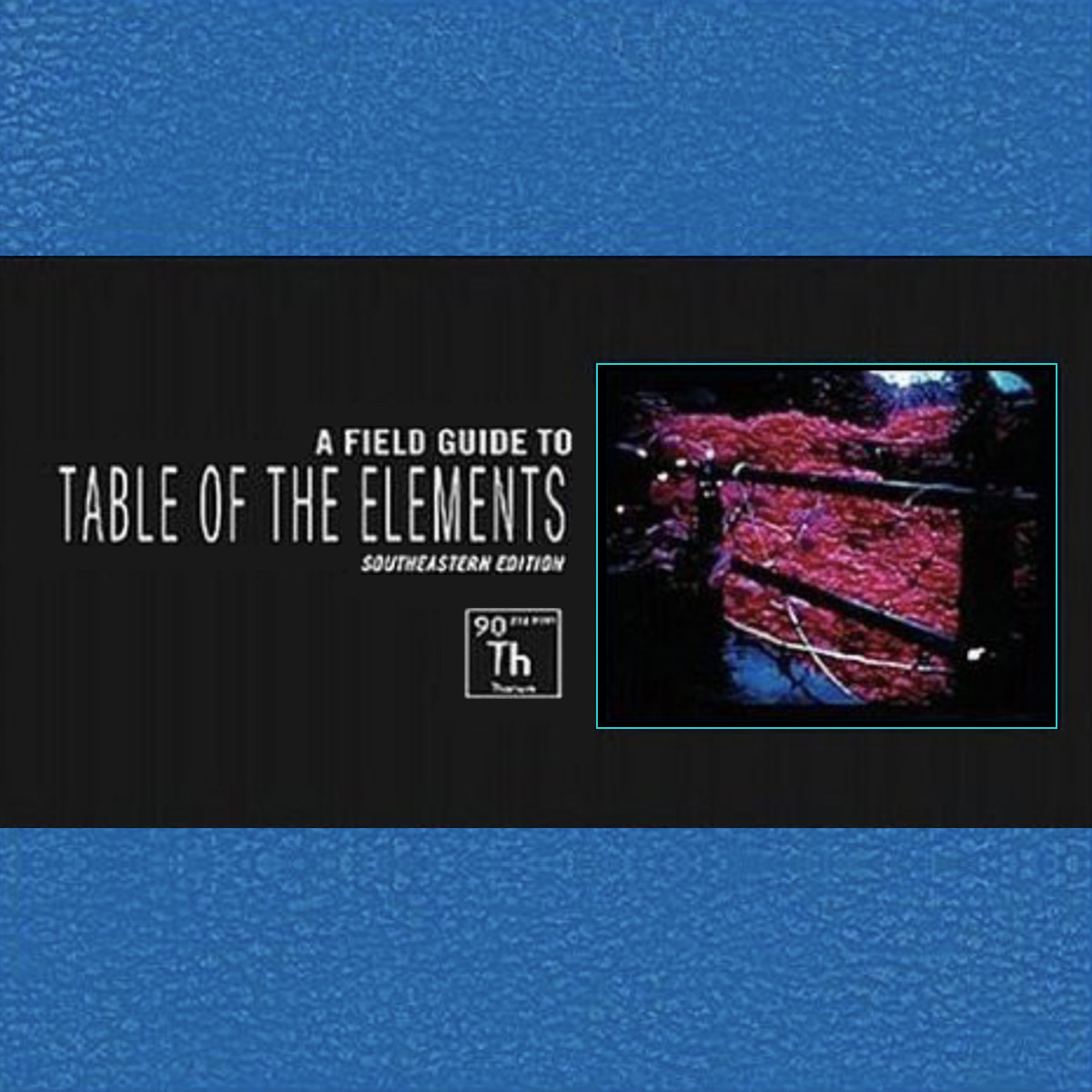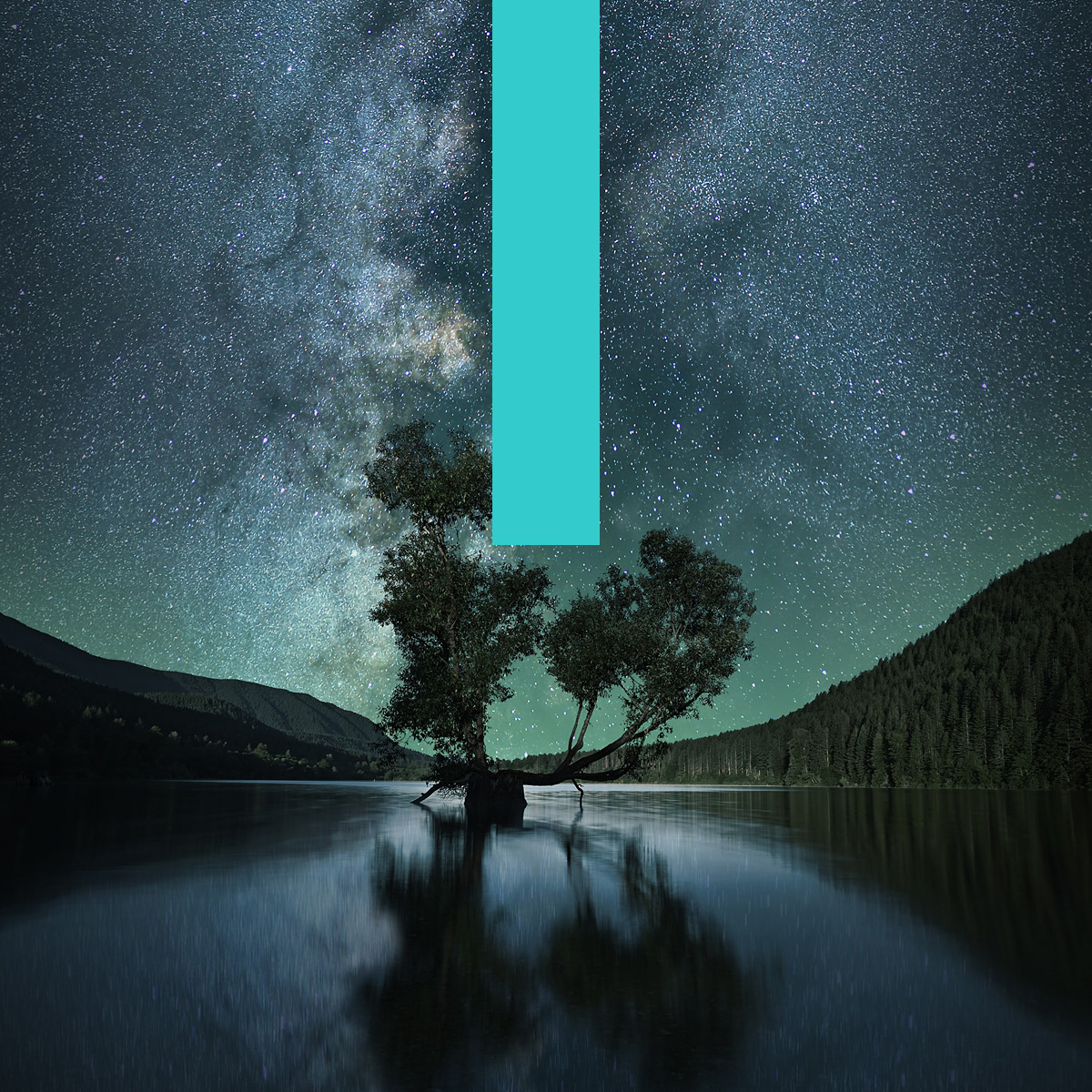
Leif Inge
In the Expanded Field
Not music, not art
Leif Inge’s (*1970) iconoclast take on Beethoven, the monumental 24-hours soundscape 9 Beet Stretch, and has become emblematic of his art. The 9 Beet Stretch is a piece of idea-based sound art made of Beethoven’s Ninth Symphony. The source recording, a Naxos recording conducted by Béla Drahos with the Nicolaus Esterházy Sinfonia and Chorus (Naxos 8.553478), was stretched digitally to a duration of 24 hours with no distortion or pitch shifting. The work is presented as a 24-hour-long sound installation/electroacoustic concert. The initial realization of 9 Beet Stretch was done in 2002 at NOTAM (Norwegian network for Technology, Acoustics, and Music) by Anders Vinjar, Kjetil Matheussen, Leif Inge, and Bjarne Kvinnesland. Granulation divides the sound into short enveloped grains and reproduces them in high densities ranging from several hundred to several thousand grains per second. Slicing the input file into short pieces then overlapping these slices to lengthen (or shorten) the result allows a change in the speed at which things happen in a recorded sound without changing the pitches. The ratio of augmentation reaches 24 hours will vary depending on which source recording is used. The sources range from 64′ to 78′, giving a ratio somewhere in the range of 19 – 23 times.
Leif Inge frequently works, both solo and in collaboration, across various fields, so his works are more often than not in the something slash something categories; not entirely conceptual / not entirely crafts; not quite music / not quite sound art; not quite a sculpture / not quite a dance performance; not quite a concert / not quite a game. These are his expanded fields. So his works have been shown at various venues for the visual arts, sonic arts and or music, new media, film, and dance.
Sonography
Notable Electronic Works and Recordings


• Nææ… – Touch – TouchRadio 13
• A Field Guide To Table Of The Elements – Southeastern Edition
Leif Inge Virtual Interview
Who is your favorite classical composer? Do you have one?
Listening, as I do right now while answering this, to Zeitkrazer performing Stockhausen with Keiji Haino, I admit I find it hard to define exactly to what the idiom of «classical» would apply to in contemporary music. Does it in any meaningful way apply to Cage? Partch? Scelsi? Radigue? Young? Conrad? It would, I think, apply more meaningfully to Gubaidulina, to Messiaen, to Ligeti. It is possible of course, that all present times felt that way, undefined, open, and that «classical» is the site where some elephants end up going when they die. Or the mammoths do. Do I have a favorite mammoth? Or do I prefer them in a glass house? One mammoth I do like is, maybe unsurprisingly, old Ludwig vans 9th, though I prefer it performed by smaller orchestras rather than the largest ones. It still baffles me.
When did you start composing electronic music?
Again depending on the definition, but I don’t know if I can claim to have composed music. At least, among people with a very strong opinion on that matter, whether I have composed 9 Beet Stretch or not, I would chance its about a 50 – 50 ratio on either yes or no.
How did you hear about the 9 Beet Stretch?
In a revelation. When the first time the loudspeakers revealed these sounds of granulated Beethoven, I knew this would create an immense listening experience. Up until that moment, it was all a mind play. At that moment it transformed from a mind play to, to quote Pitchfork, to a mindfuck.
The world is upside down, how does living in the shade of COVID has impacted your creative work?
2020 looks very different from what it was planned to look. I got some rather important exhibitions and concerts canceled, yes, but those cancellations have also given me occasion for a new focus on working on both new works and expanded on older ones.
What projects are you currently working on?
I am working 1) on an ongoing series of embroidered strainers, 2) trying to reboot an old project where I have replaced the windshield of a car with stained glass work, and 3) an Orchester Installation – a live video installation which is both an installation and a concert platform for Avatar Orchestra Metaverse, and 4) I am also developing CptrPwrHm, a sonic composition with virtual helicopters for the same Orchestra, in cooperation with Tina M. Pearson (see www.læyf.com)
Should electronic music be purely academic (MUST an Electronic music artist be formally trained in music?)
Any field will benefit from a wider range of approaches, and a wider range of people doing this approaching. It must nothing.
In your opinion, what is the merit of improvisation and experimentation?
I can’t imagine there is any music, scored or not, that does not have its origin in some form of pondering, some form of improvisation and experimentation. But, listening as I do right now to John Cage and David Tudors truly entertaining concert & lecture & questions & answers (yes, all in one) Music in the Technological Age from 1963,
it is clear that, in Cage terminology, experimental means something very different from improvisation; the experimentation, or the indeterminate, can be in either execution or in composing. Cage was not known to be very positive to improvisation (even though he in this 1963 lecture admits it makes less and less difference), to him the set of rules to follow was not indeterminate, but its results could be. Tune a radio to that position and that second, whatever noise or pop pops out of it. Improvisation and experimentation, at least, have the merits of finding. I do agree with Slavoj Zizek,
he though speaking explicitly of the reception of Beethovens 9th and why it appeals to both the European Union and Hitler (and Mao and Rhodes &c &c); music is an empty vessel, and you can fill it almost with whatever meaning you want. Even if the meaning is not the point. The merit is in the vessel itself, not in my opinion.
What do you think as an artist about the juxtaposition/fusion of classical and electronic music?
I don’t know… Is that what 9 Beet Stretch do?
How do you envision the future of electronic music?
As with any other field of art, I hope it can prove surprising.